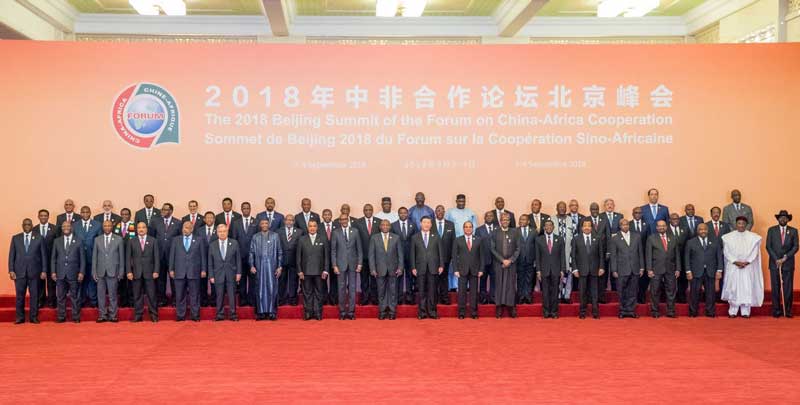×
The Standard e-Paper
Smart Minds Choose Us

President Uhuru Kenyatta has over the last week met three powerful leaders. The meetings with US President Donald Trump, UK Prime Minister Theresa May and Chinese President Xi Jinping will no doubt boost Kenya's standing in the world.